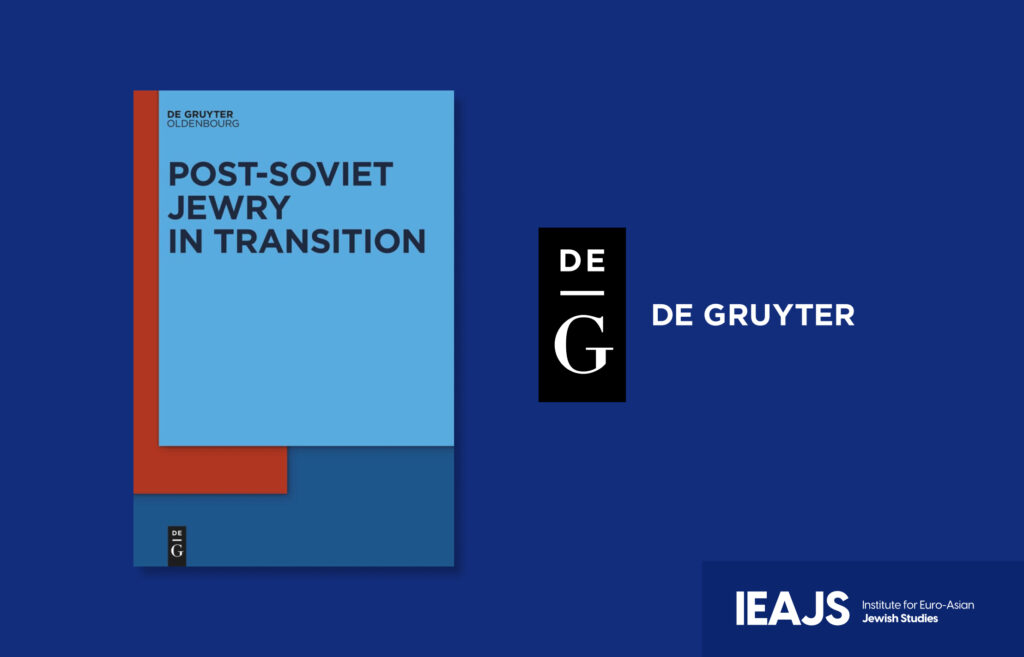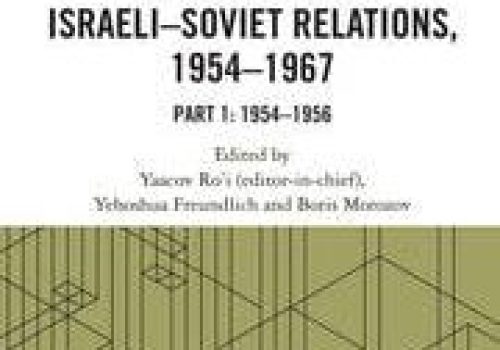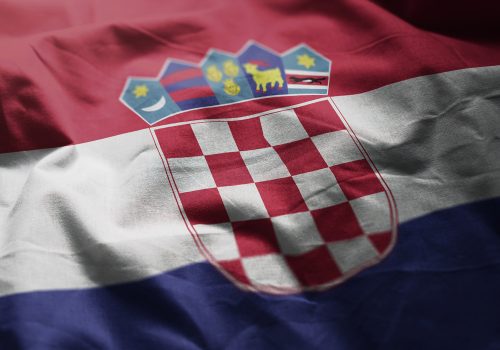- 05/01/2024

Authoritative German academic publisher De Gruyter has released the first volume of the series ‘The Transformation of Post-Soviet Jewry’ (‘Post-Soviet Jewry in Transition’), developed jointly with the Institute for Euro-Asian Jewish Studies (IEAJS).
The first volume of the series, which was released in late November, was based on the extensive study of the Jewish population in five countries of the former USSR, conducted in 2019-2020 by the EAJC. The goal of the study was to analyze: the development of Jewish identity; trends in the formation of Jewish communities; mechanisms of joining the Jewish collective by people of non-Jewish and mixed origin; migration dynamics and socio-economic status of different groups of Jews; Jewish attitudes towards Israel etc.
“After the collapse of the Soviet Union, more than two million Jews migrated to the United States, Israel, Central Europe, Canada, Australia and other places. At the same time, some 900,000 Jews and their families still live in the former Soviet Union countries, despite various demographic trends. Our aim is to analyze trends within those groups, identify problems and develop recommendations accordingly”, said the President of the Euro-Asian Jewish Congress, Dr Michael Mirilashvili.
Dr. Haim Ben Yakov, Director General of the EAJC, pointed out that “Russian-speaking Jews around the world retain their unique identity, worldview and social ties, and create their own cultural and social reality. They form a new, transnational sub-ethnic group of the Jewish people, the Russian-speaking Jewish diaspora, whose collective identification is being formed on the basis of gradual disintegration from the former Soviet Jewish identity. We see that regardless of where they live, most Russian-speaking Jews do not often assimilate with the external environment and form their own separate communities. ‘The Transformation of Post-Soviet Jewry’ series sheds light on post-Soviet Jewry around the world – a new type of contemporary Jewish diaspora in transitional period of time,” he added.
The Institute for Euro-Asian Jewish Studies (IEAJS) operates under the auspices of the Euro-Asian Jewish Congress (EAJC) as a think-tank of leading experts on the problems of Jewish communities in the former Soviet Union, Eastern Europe and the Balkans, as well as Western, Central and East Asia. IEAJC has been functioning since 2018. One of the two main co-editors and authors of the project is the academic director of IEAJC, Professor Ze’ev Khanin.



